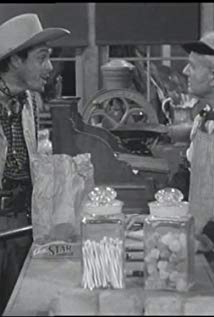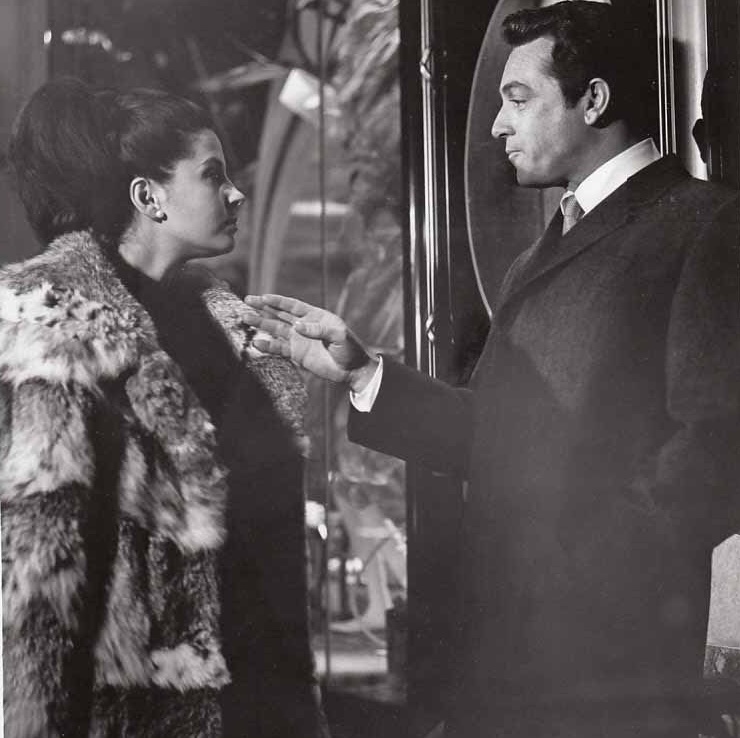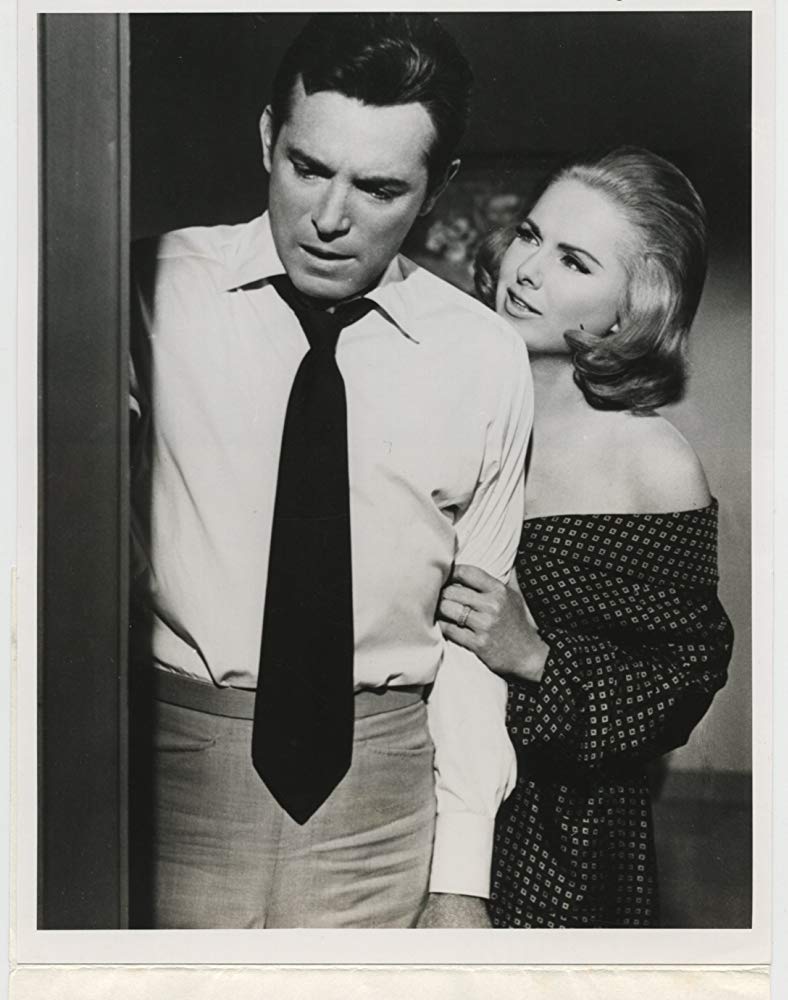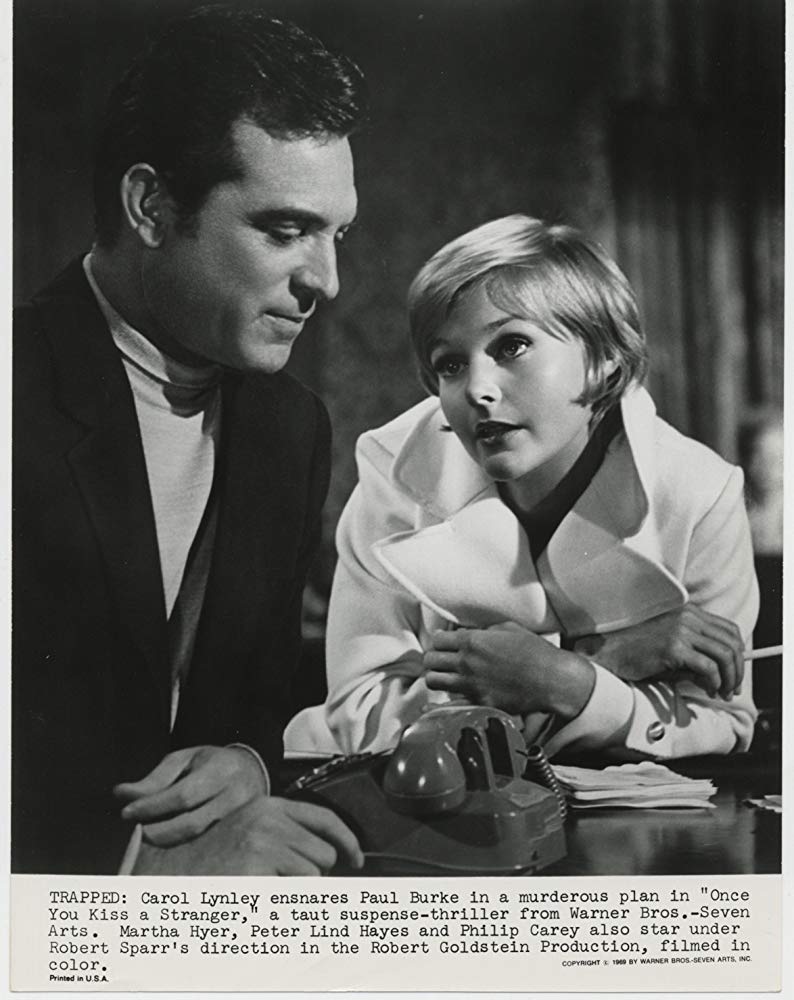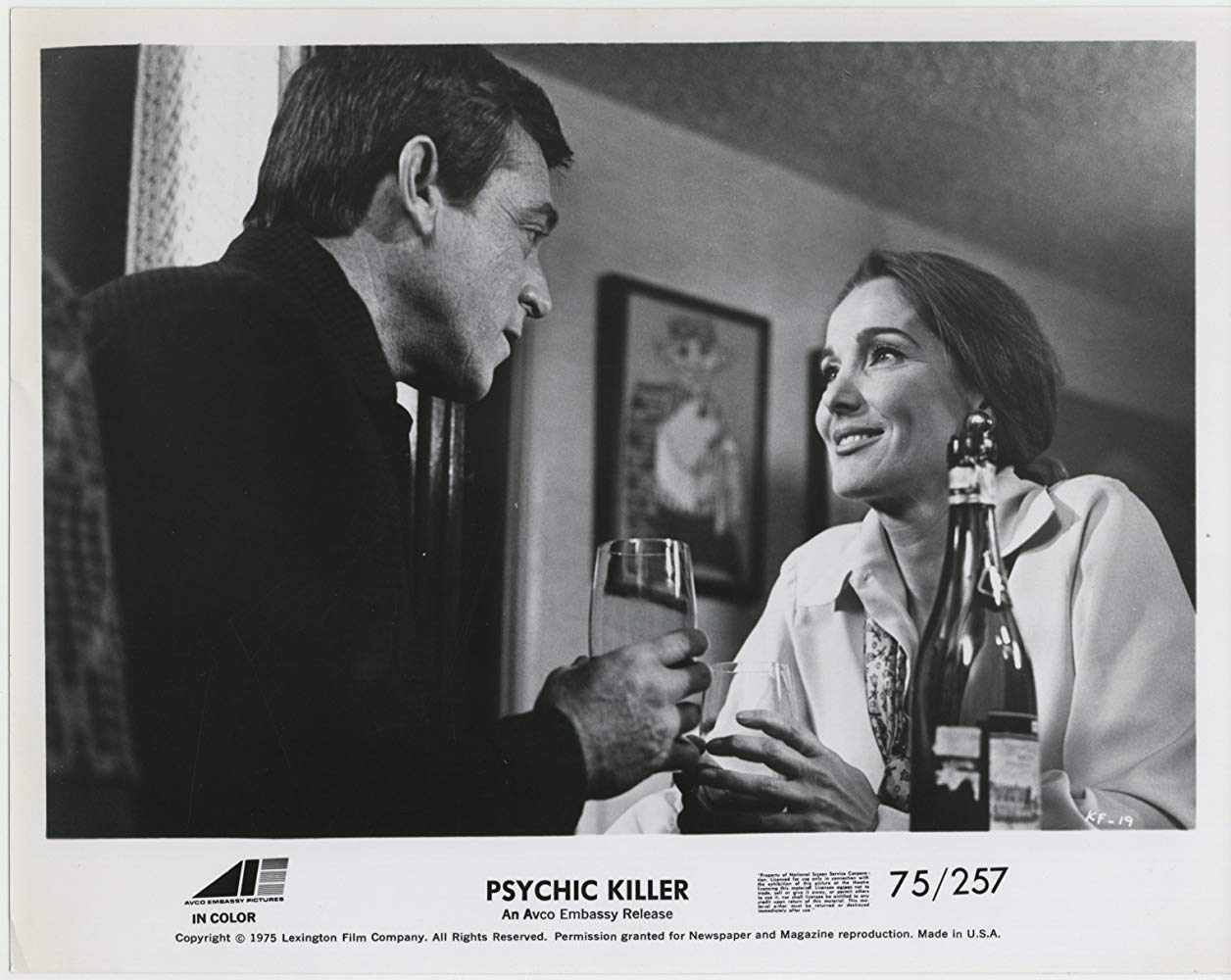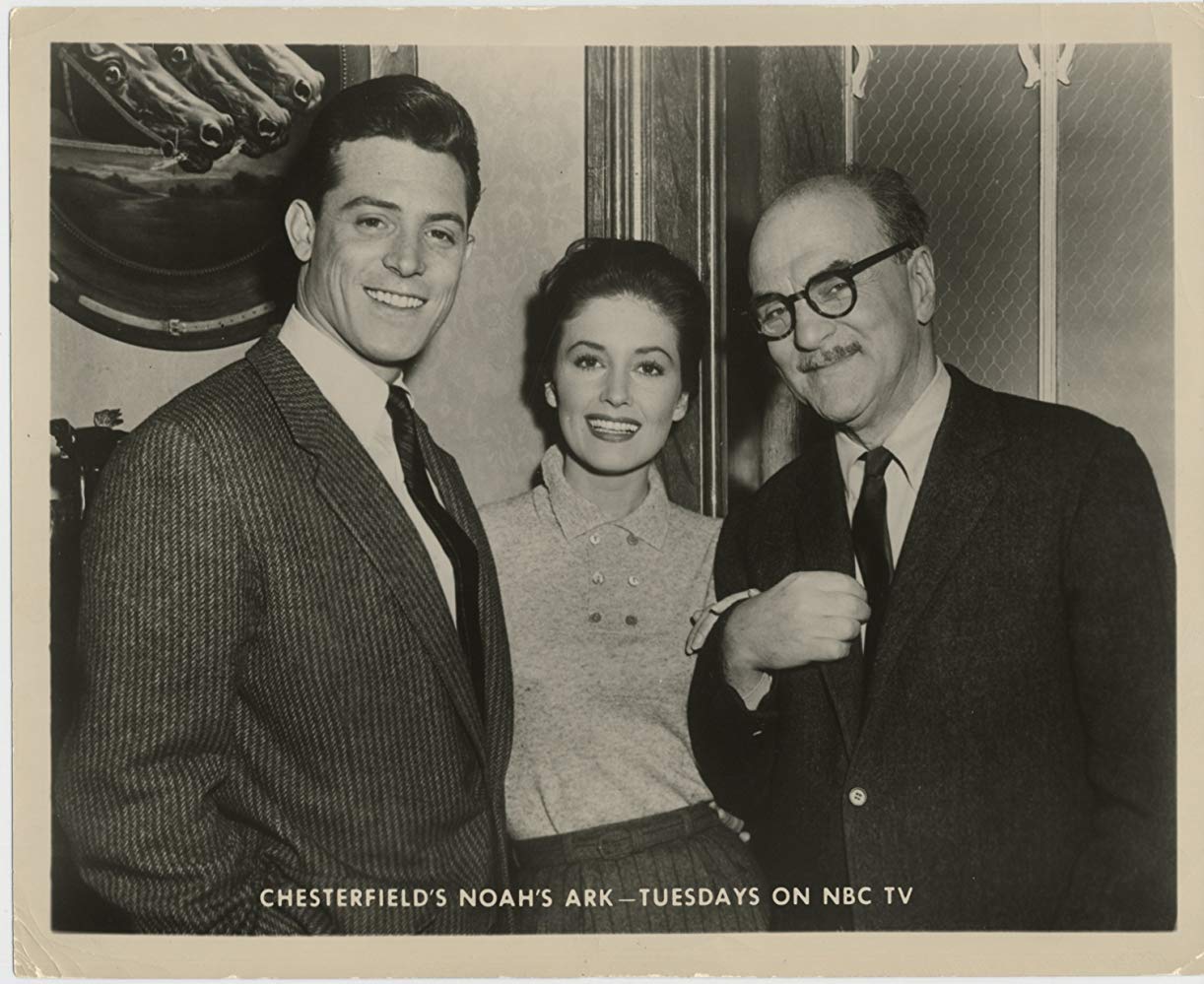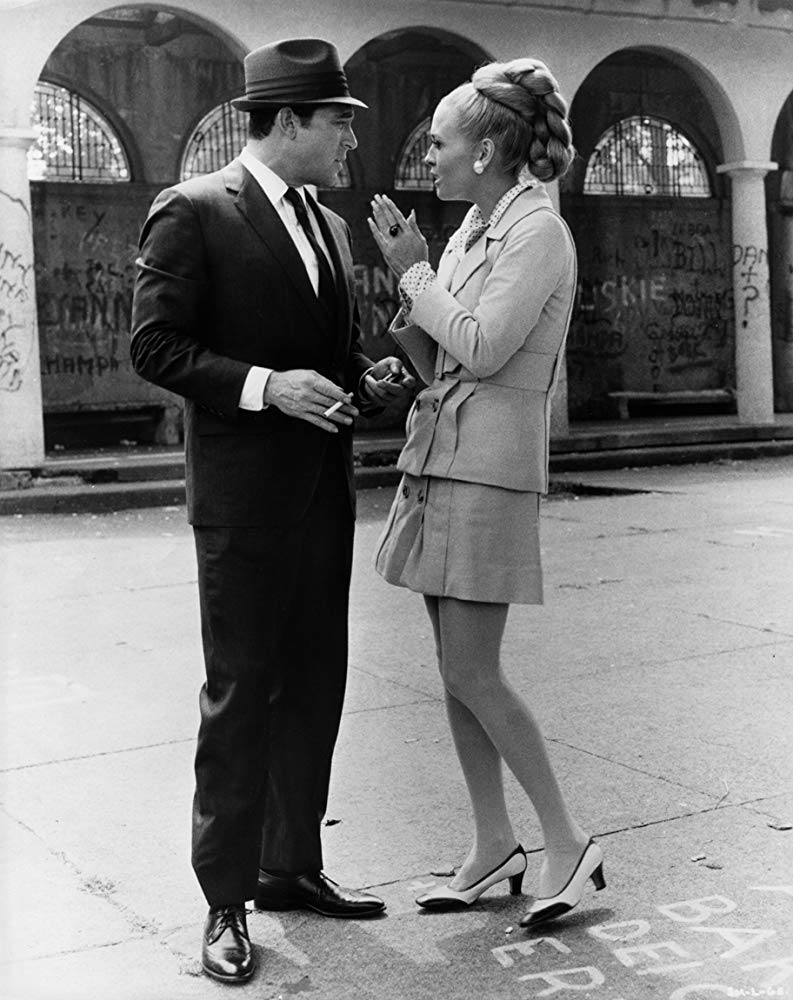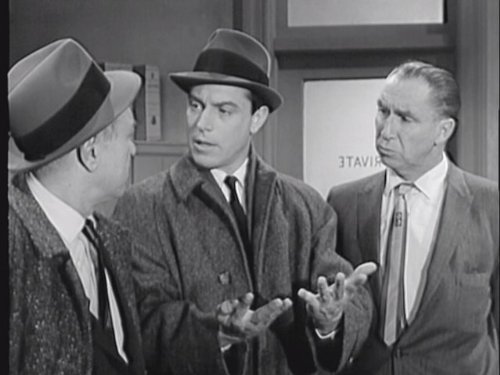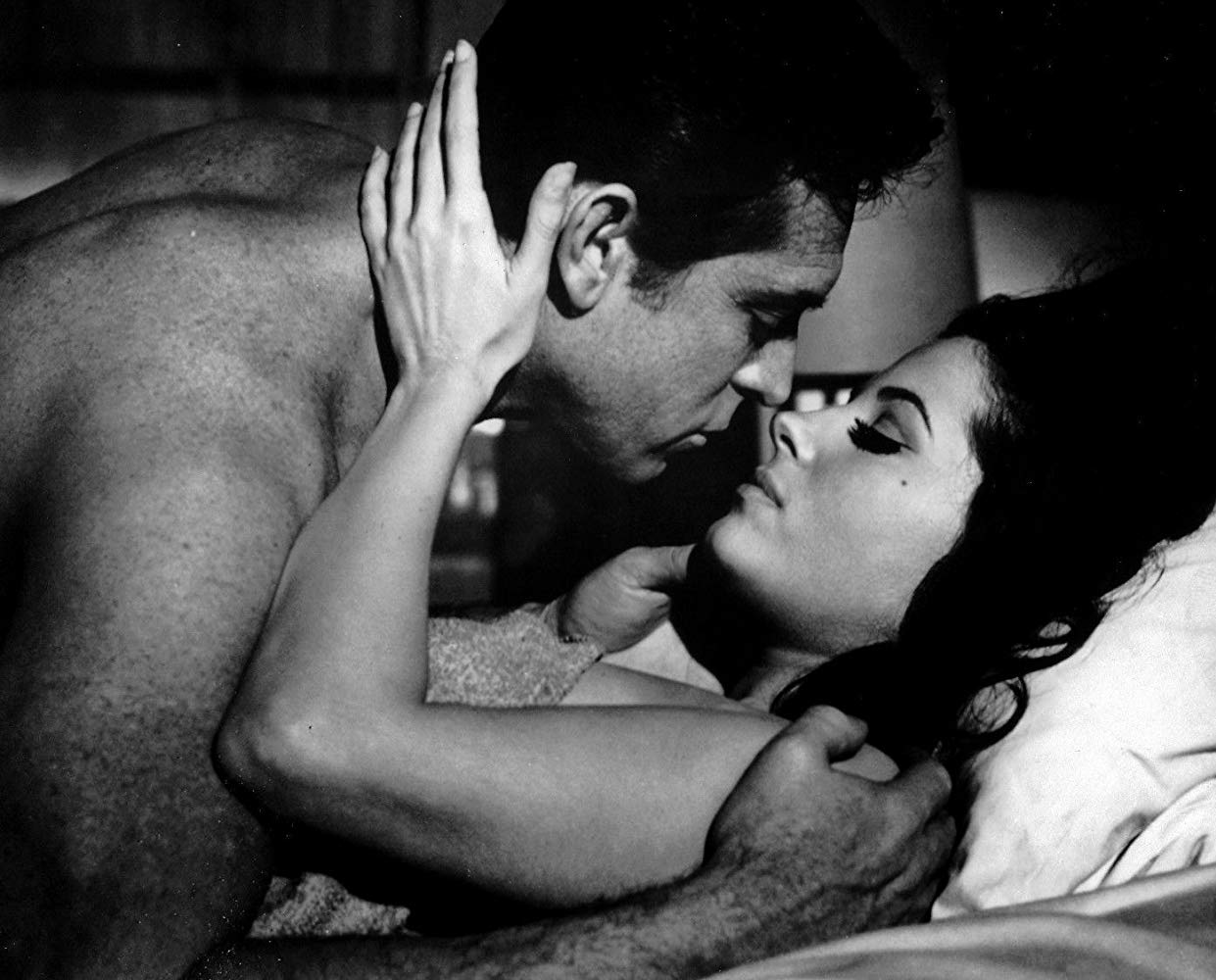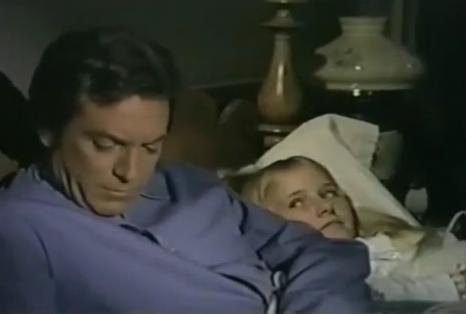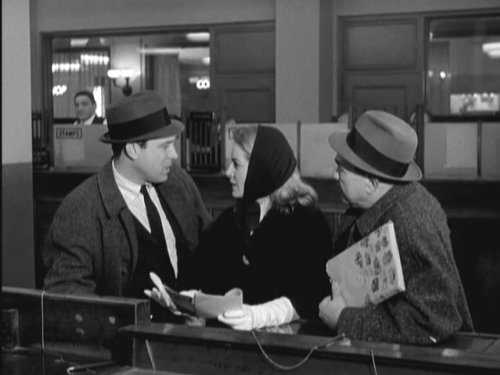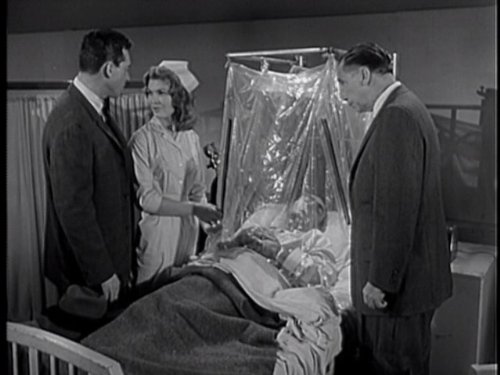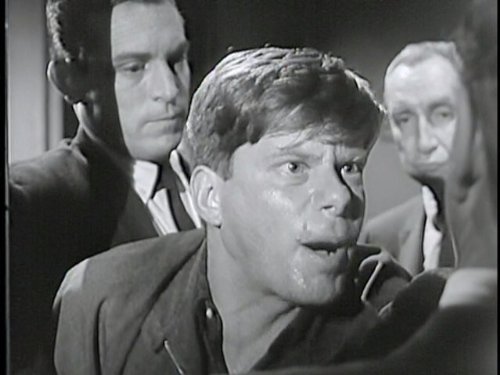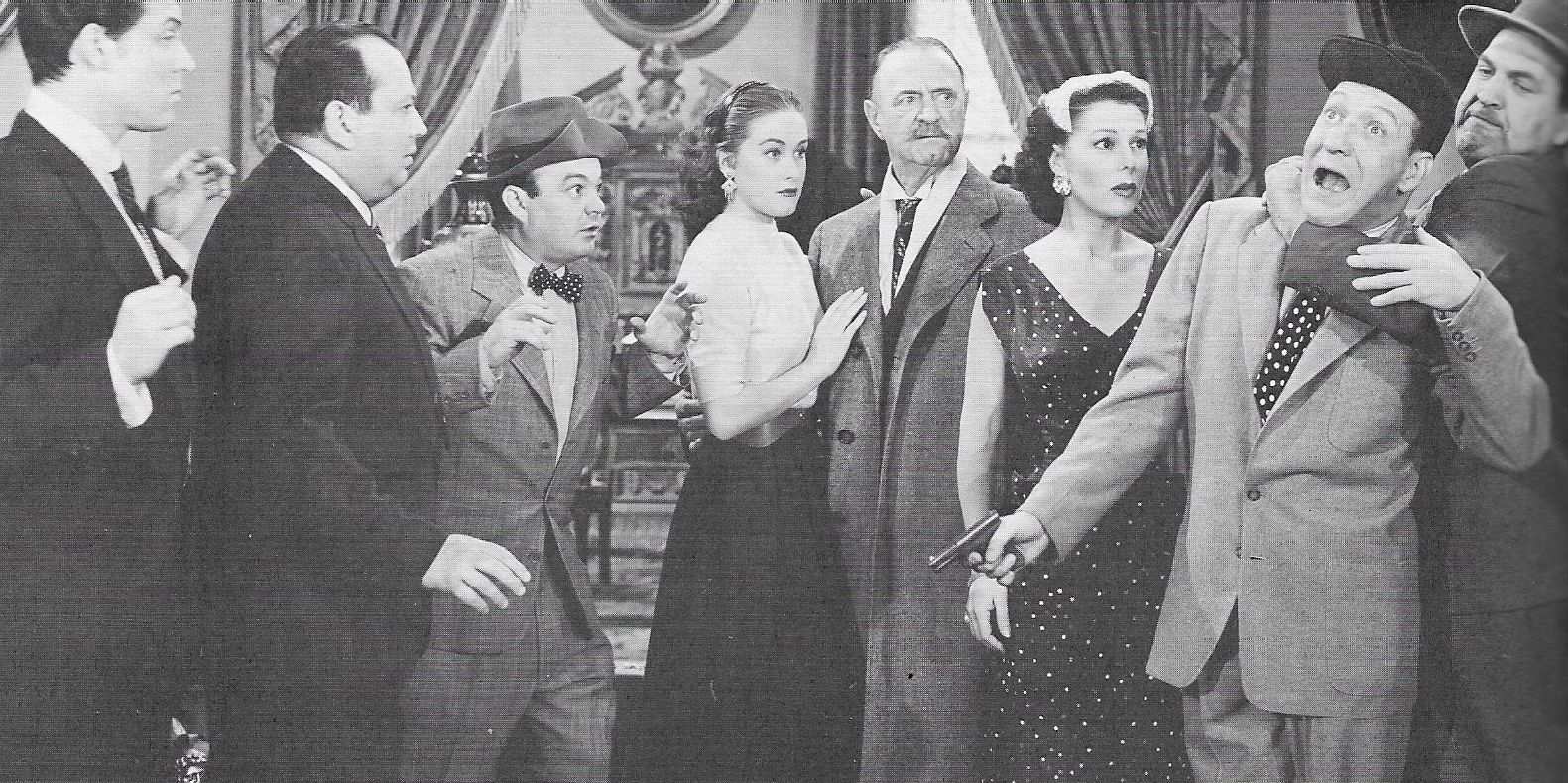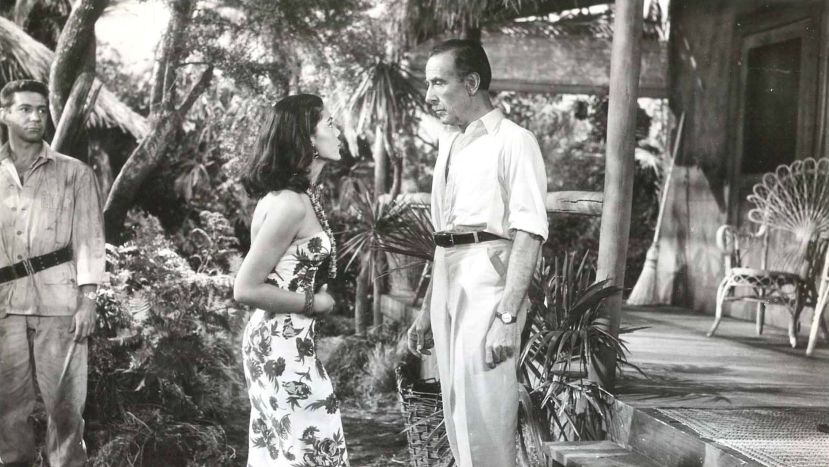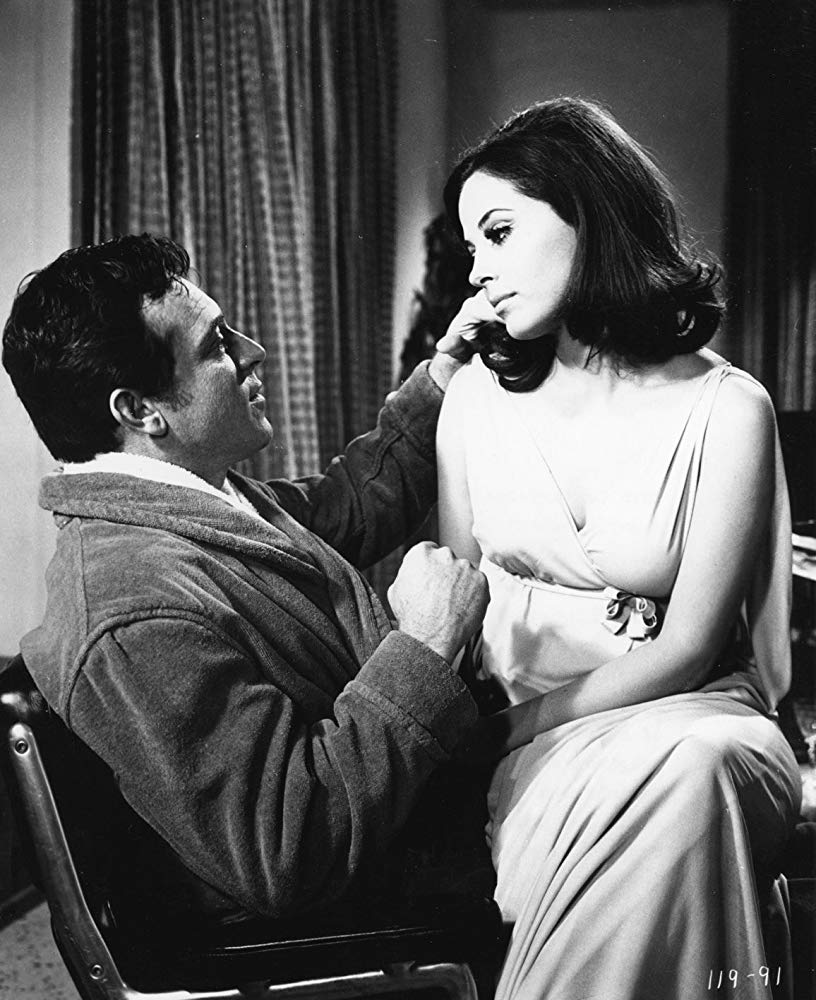Tall, dark, and handsome is how Hollywood liked their leading men back in the 1950s and 1960s, and actor Paul Burke certainly fit the bill. While his career fell short of outright stardom, he managed to stand out in a couple of acclaimed TV cop series series in the 1960s and "enjoyed" semi-cult notice by co-starring in one of the screen's most celebrated turkeys of all time.The New Orleans-born actor was born on July 21, 1926, the son of Martin Burke, a prizefighter who later became a well-known promoter and French Quarter nightclub owner ("Marty Burke's"). Educated at prep schools, he was drawn to acting and moved to Hollywood in the late 1940s, studying at the Pasadena Playhouse for a couple of years. Screen director Lloyd Bacon, a friend of his father Marty, helped the fledgling actor along by giving him an unbilled part in the Betty Grable musical Call Me Mister (1951). From there, he managed to scrounge up bit/uncredited parts in such 1950s films as L'intrépide (1952); Francis Goes to West Point (1952), Three Sailors and a Girl (1953), Le bagarreur du Pacifique (1953), and Spy Chasers (1955). He moved up the ladder a bit to featured status in another Francis the talking mule picture, Francis in the Navy (1955), and in Screaming Eagles (1956), then earned a starring role in the voodoo/jungle horror flick The Disembodied (1957), opposite the "50-Foot Woman," herself, Allison Hayes.Better yet, Paul found steady work on the small tube with grim-faced roles in a number of crime series such as Highway Patrol (1955),The Lineup (1954), M Squad (1957), and Badge 714 (1951). He also appeared in Superman (1952). Via an association with "Dragnet" producer/director Jack Webb, he received his own TV series, albeit short lived, in the form of Noah's Ark (1956), portraying veterinarian "Dr. Noah McCann." He followed that by co-starring with Barry Sullivan in another one-season series, Harbormaster (1957), a New England coast adventure yarn, and then in Five Fingers (1959), a spy drama headlining David Hedison. Another hit series came with 12 O'Clock High (1964), based on the hit film drama of the same name.Paul's best-known TV role, however, was as "Detective Adam Flint" in the highly praised police series Naked City (1958), replacing James Franciscus. He joined the program in the second season as the young partner of "Lt. Mike Parker" (portrayed by Horace McMahon), just as the half-hour show format was being extended to an hour. Based on the gritty, groundbreaking cop movie La cité sans voiles (1948), the series did the film more than justice with excellent story lines, and Burke walked away with two Emmy nominations out of the three seasons he appeared.His only movie role in the early 1960s was the Joan Crawford starrer Della (1964) (aka Fatal Confinement), which was actually a failed pilot to a prospective TV series. Winning the co-lead role of fledgling writer "Lyon Burke" in the highly anticipated film adaptation of Jacqueline Susann's monstrous best seller, La vallée des poupées (1967). It could have been the break to turn things around on film. It did not-far from it. The Susann book was, if anything, a guilty pleasure as readers were reeled in by the trashy Hollywood themes of drugs, fame, and sex. The movie was a laughable misfire-riddled with bad acting, bad dialogue and inept directing. It earned instant cult infamy, making many "top 10" lists for worst movie ever. It also damaged the screen careers of many of the talent involved. In reality, Paul and Barbara Parkins, who played his paramour in the movie, actually came off better and more grounded than most. Unfortunately, good or bad, they were identified with a huge turkey, and it stuck.Despite Paul's co-star cop role, opposite Steve McQueen and Faye Dunaway, in the stylish thriller L'affaire Thomas Crown (1968), the very next year, it was not able to right the wrong of "Dolls." Thereafter, Paul tended to be overlooked in his later film, which included standard starring roles both here and abroad in such fare as La boîte à chat (1969), Histoire d'un meurtre (1969), and Maharlika (1970). TV crime, however, proved again to be a reliable paycheck for Paul with guest roles in such popular 70s series as The Rookies (1972), The New Perry Mason (1973), Sergent Anderson (1974), Harry O (1973), Mannix (1967), L'homme de fer (1967), and the acclaimed Police Story (1973) series. TV movies also came his way, as well, with the starring role of tycoon "C.C. Capwell" (replacing Peter Mark Richman), in the daytime soap opera Santa Barbara (1984). Paul himself was replaced after a relatively brief time.Following assured roles in the series Hot Shots (1986) and Dynastie (1981), the latter as scheming "Congressman Neal McVane," who frames Joan Collins' character for murder, Paul's career hit an irreversible snag in 1989, when he and three others, including New Orleans' district attorney Harry Connick Sr. (yes, father of the crooning junior, 'Harry Connick Jr.'), were tried on federal racketeering charges, aiding and abetting a gambling operation, and committing perjury before a grand jury. The seven-week trial in 1990 resulted in his and Connick's acquittal (the other two were found guilty) but the damage was done and he wasn't able to find work when he returned to California. Paul's last film, (The Fool (1990), which was shot in England) and last TV guest role (in an episode of "Columbo") both came out in 1990.Divorced from Peggy Pryor, the mother of his three children, Paul married actress Lyn Peters in 1979. They met while she was appearing in the 12 O'Clock High (1964) episode 12 O'Clock High: Siren Voices (1966). The couple eventually retired to Palm Springs, where the actor died at age 83 of leukemia and non-Hodgkin's lymphoma in September of 2009.
Show less «

